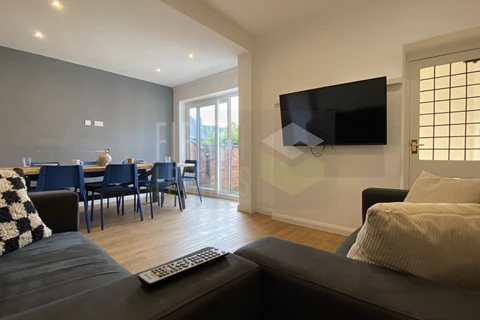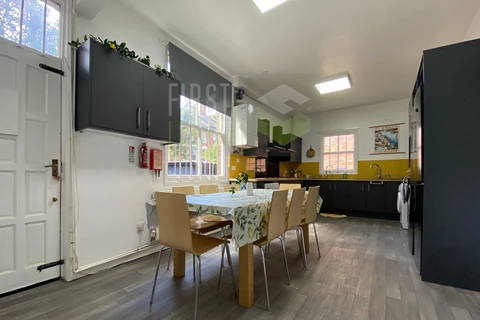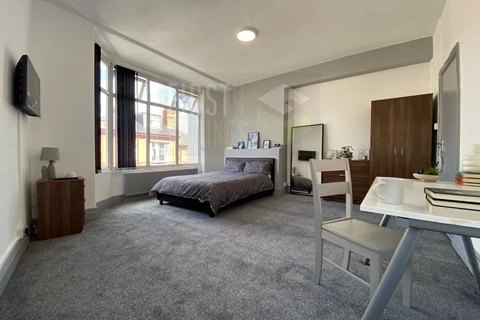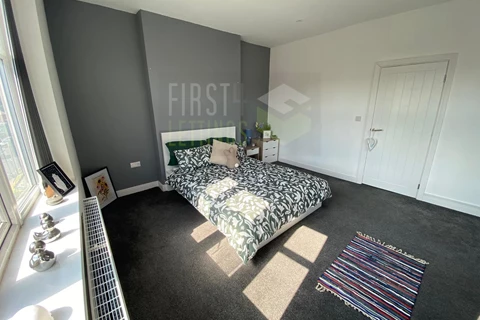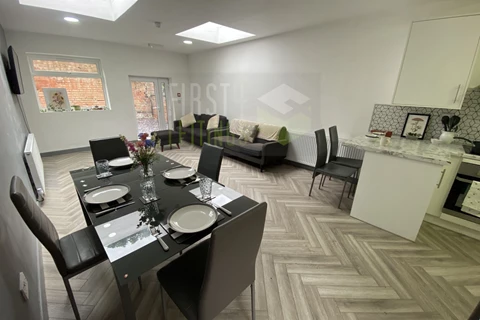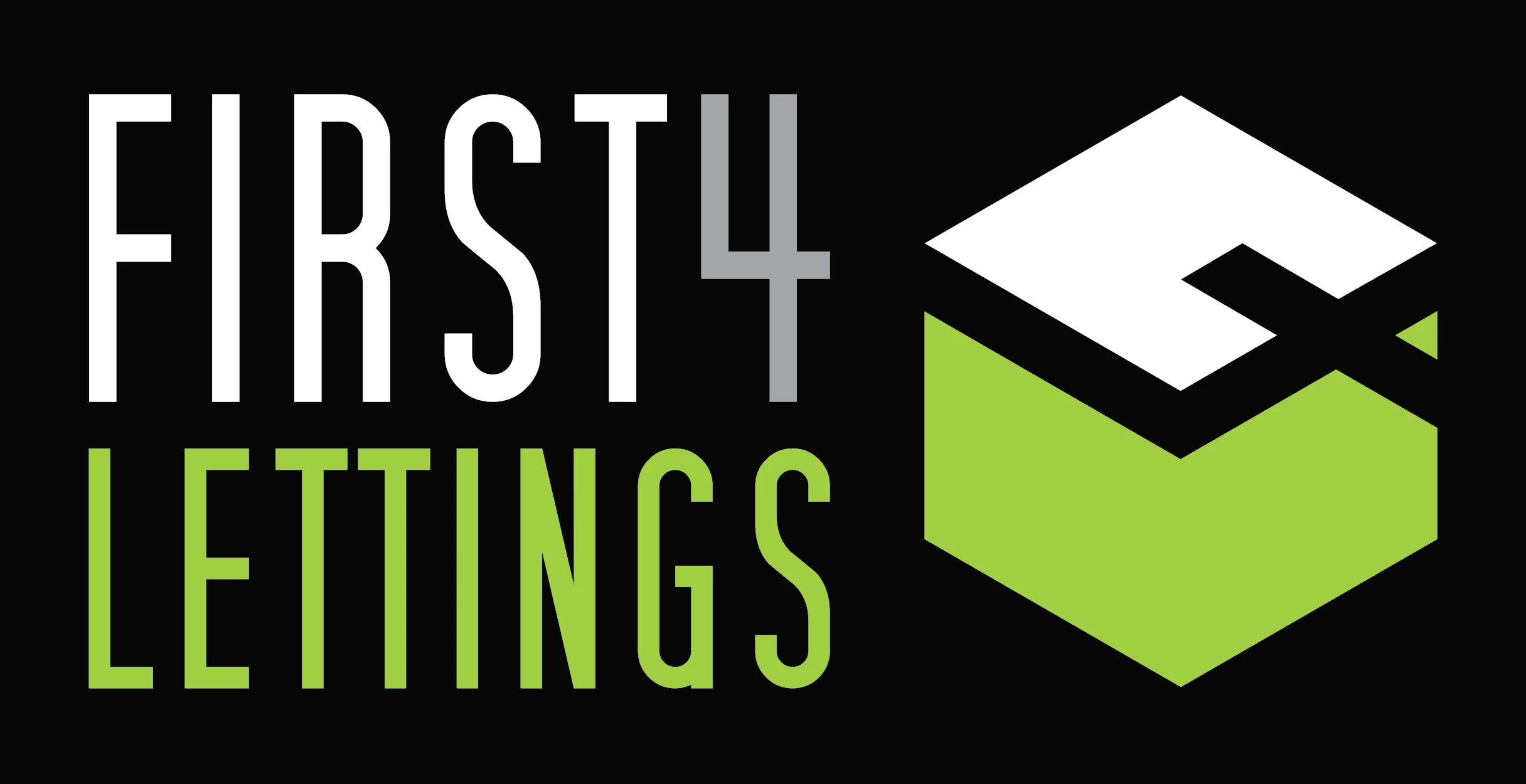
1. Technology Integration: In today's digital age, technology plays a pivotal role in the letting industry. Landlords are increasingly utilising technology to streamline their operations and enhance tenant experiences. Online property management platforms and apps have made it easier to advertise properties, conduct background checks, collect rent, and manage maintenance requests. Additionally, smart home devices, such as smart locks, thermostats, and security systems, are becoming popular, providing convenience, energy efficiency, and improved security for tenants.
2. Sustainable and Energy-Efficient Properties: With growing environmental consciousness, tenants are increasingly seeking energy-efficient and sustainable rental properties. Landlords can leverage this trend by making eco-friendly upgrades to their properties, such as installing energy-efficient appliances, LED lighting, and low-flow fixtures. Incorporating renewable energy sources like solar panels can also attract environmentally conscious tenants and potentially lower energy costs for the landlord.
3. Flexible Rental Options: The demand for flexible rental options, such as short-term rentals, co-living spaces, and furnished properties, is on the rise. The popularity of platforms like Airbnb has driven the growth of the short-term rental market. Landlords can consider offering flexible lease terms or exploring partnerships with co-living providers to cater to the evolving needs of tenants who prioritize flexibility and convenience.
4. Virtual Tours and Remote Processes: The COVID-19 pandemic has accelerated the adoption of virtual tours and remote processes in the letting industry. Landlords are leveraging technology to provide virtual property tours, reducing the need for physical visits and allowing prospective tenants to view properties remotely. Remote processes for application submissions, lease signings, and rent payments have also become common, enabling landlords to minimize in-person interactions and streamline administrative tasks.
5. Enhanced Tenant Experience: Providing an exceptional tenant experience has become a key focus for landlords. Happy tenants are more likely to renew their leases and take better care of the property. Landlords are investing in tenant-centric amenities, such as communal spaces, fitness centres, and co-working areas, to enhance the overall living experience. Prompt communication, proactive maintenance, and personalized services are also essential in fostering positive landlord-tenant relationships.
6. Regulatory Compliance: Regulations and legislation surrounding the letting industry continue to evolve, requiring landlords to stay informed and compliant. It's crucial for landlords to keep up with changing laws related to tenant rights, safety standards, eviction processes, and data protection. Engaging with industry associations and seeking legal advice can help landlords navigate the complex regulatory landscape and avoid legal issues.
Conclusion: The letting industry is undergoing significant transformations driven by technology, sustainability, and changing tenant preferences. Landlords who adapt to these trends and embrace innovation will be better positioned to attract and retain high-quality tenants, improve operational efficiency, and maximise the value of their rental properties. By staying informed and proactive, landlords can thrive in an ever-changing rental market.
Written by First 4 Lettings


